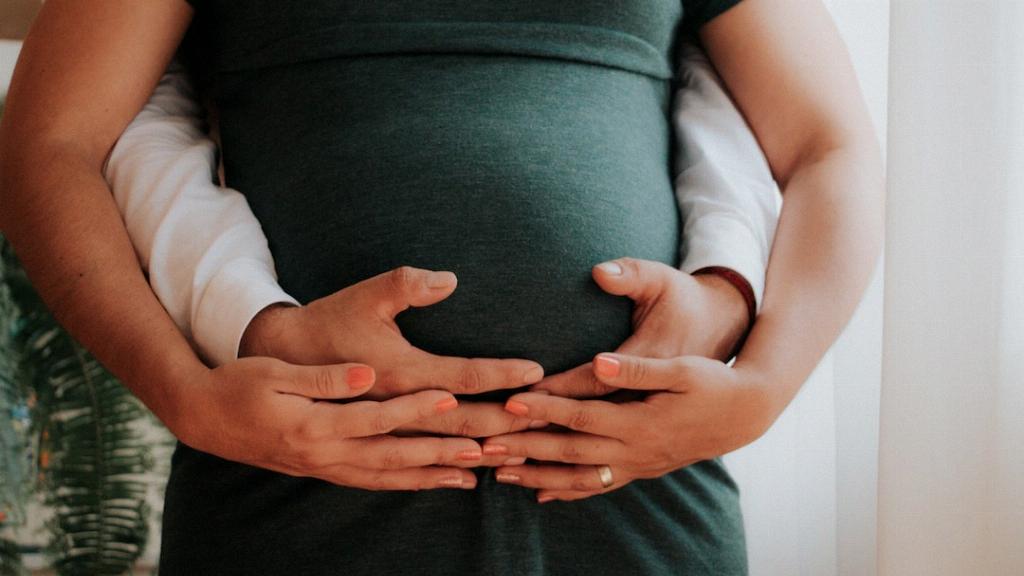When it comes to the timeline of pregnancy, there can be some confusion about when exactly the second trimester begins. One common question that arises is whether the second trimester starts at 13 weeks or 14 weeks. Let’s delve into this topic and shed some light on this often debated issue.
Defining the Second Trimester
The second trimester of pregnancy is typically considered to span from week 13 through week 28. It is a critical period in the journey of pregnancy characterized by significant changes in the mother’s body and the growth and development of the baby.
Physical Changes in the Second Trimester
During the second trimester, many women experience a decrease in symptoms like morning sickness and fatigue. This often leads to a surge in energy levels, making this phase a bit more comfortable compared to the challenging first trimester.
Emotional Well-being in the Second Trimester
Feeling the baby’s movements and witnessing the growth through ultrasound scans can create a deep emotional connection between the mother and the child during the second trimester. This period is often described as a time of joy and anticipation for the arrival of the little one.
Medical Guidelines on the Start of the Second Trimester
According to medical professionals and guidelines, the second trimester is generally believed to commence at 13 weeks of gestation. This is based on the traditional method of dividing pregnancy into three trimesters, with each trimester lasting approximately 13 weeks.
Clarifying the Week 13 vs. Week 14 Dilemma
While the official timeline designates week 13 as the beginning of the second trimester, some sources and individuals may refer to the start of the second trimester as being at 14 weeks. This discrepancy can lead to confusion for expectant mothers seeking to understand their pregnancy journey.
Ultrasound Scans and Fetal Development
Ultrasound scans conducted around week 13 are crucial in monitoring the baby’s growth and development. These scans provide valuable information about the baby’s health and can offer insights into the stage of pregnancy, reinforcing the notion that the second trimester has indeed commenced.
Significance of the 13-Week Mark
Reaching the 13-week milestone is a significant moment for many pregnant women. It marks the end of the first trimester and signifies a transition into a phase where physical discomforts may diminish, paving the way for a more enjoyable pregnancy experience in the coming weeks.
Personal Experiences and Perspectives
Every pregnancy journey is unique, and individual experiences may vary. Some women may feel the shift into the second trimester sooner or later than others, leading to personal interpretations of when this stage truly begins in their specific case.
Consultation with Healthcare Providers
For expectant mothers seeking clarity on the exact timing of the second trimester, it is advisable to consult with healthcare providers. Obstetricians and midwives can provide expert guidance tailored to the individual’s pregnancy progress and help address any uncertainties or questions.
Conclusion: Embracing the Change
Whether one considers the second trimester to start at 13 weeks or 14 weeks, the overarching message remains the same – this period heralds a shift towards a more stable and comfortable phase of pregnancy. Embracing the changes, both physical and emotional, can lead to a positive and enriching experience for expectant mothers.
Final Thoughts on Pregnancy Progression
As pregnancy unfolds, each stage brings its own set of joys and challenges. By staying informed, seeking guidance from healthcare professionals, and listening to one’s body, expectant mothers can navigate the journey with confidence and grace, ultimately welcoming the new life that grows within.

